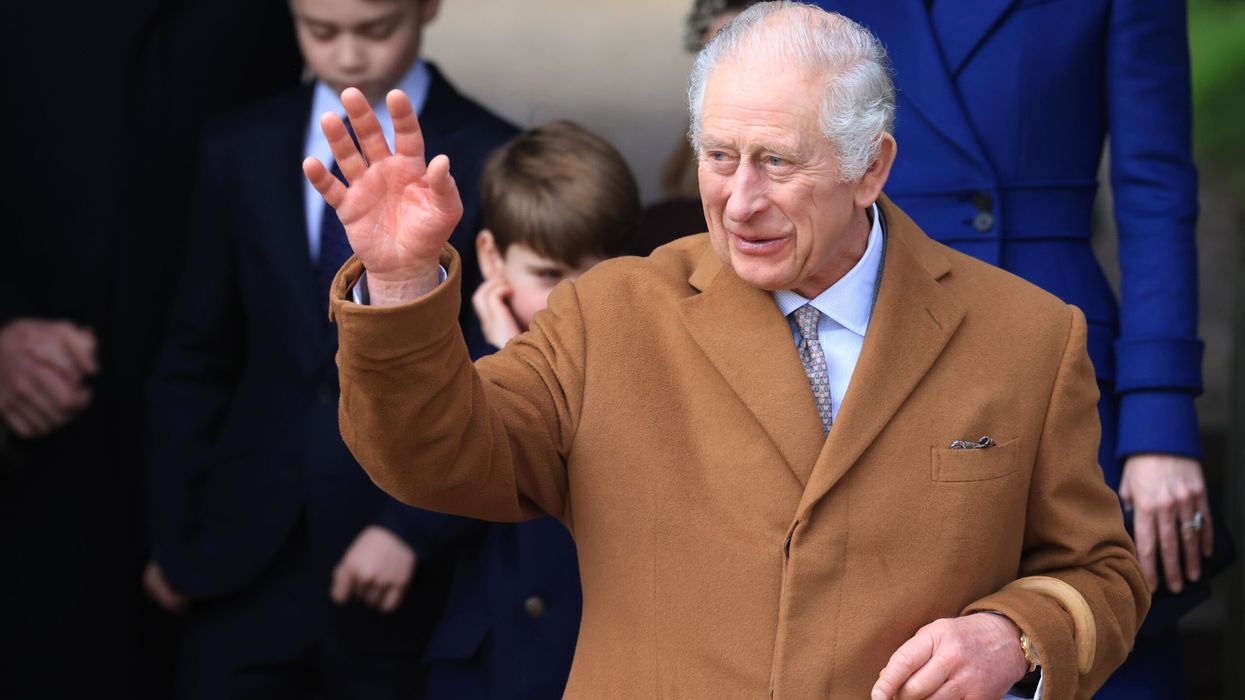Britain's King Charles III is set to make his first major public appearance since his cancer diagnosis was revealed last month. Buckingham Palace announced today that the 75-year-old monarch will attend the traditional royal Easter service at St. George's Chapel in Windsor on Sunday, signalling his gradual return to public duties as he undergoes treatment for an unspecified form of cancer.
The King had withdrawn from public engagements following the disclosure of his diagnosis, but his participation in an audience at the palace with community faith leaders from across the UK hints at his intention to resume a more active schedule.
Accompanied by Queen Camilla and other members of the royal family, King Charles will join the Easter Mattins Service at St. George's Chapel, Windsor Castle, an event where several royal family members traditionally gather and are photographed entering the chapel.
However, notably absent from this year's service will be Prince William and his family. Kate Middleton, the Princess of Wales, recently revealed that she is undergoing preventative chemotherapy following her cancer diagnosis. The family, including their children Princes George and Louis and Princess Charlotte, will be spending the school Easter holidays privately this year.
The announcement of King Charles' public appearance coincided with his meeting with faith leaders from the Windsor Leadership Trust at Buckingham Palace. In February 2024, 18 influential leaders from Muslim, Jewish, and Christian faiths were invited to St. George's House, Windsor Castle, for the Faith Leaders' Forum, organised by the Windsor Leadership Trust. The forum provided an opportunity for leaders to share experiences of leading in their communities during times of international tension.
Today, His Majesty met a selection of these faith leaders to discuss their participation in the forum and how it strengthened their determination to promote community harmony and understanding. This engagement aligns with King Charles' longstanding work involving interfaith harmony, a commitment he has demonstrated even before ascending to the throne as the Prince of Wales.
As the King prepares to make his public appearance at the Easter service, his presence serves not only as a symbol of continuity but also as a testament to his ongoing dedication to the welfare and unity of the nation.




